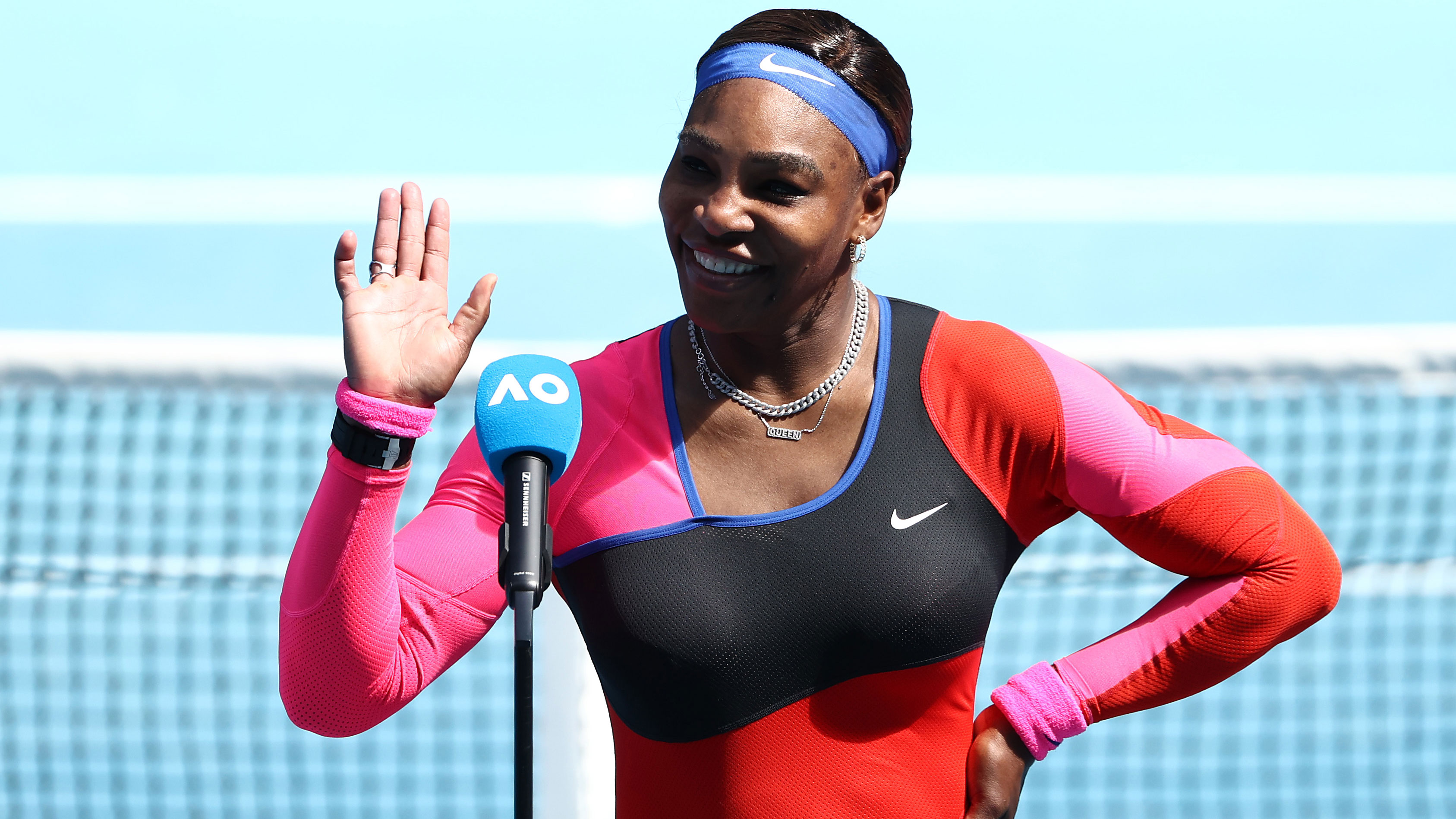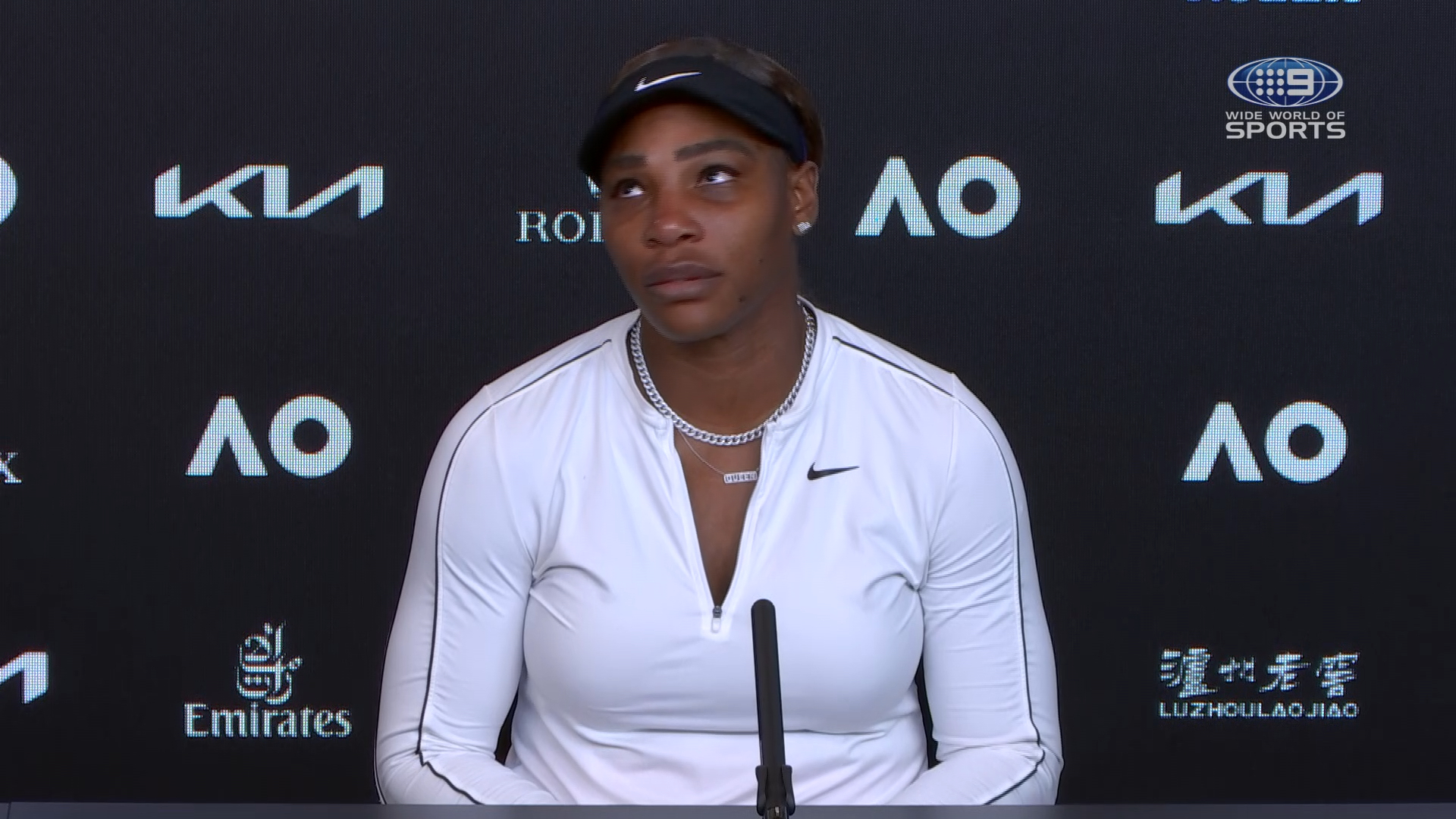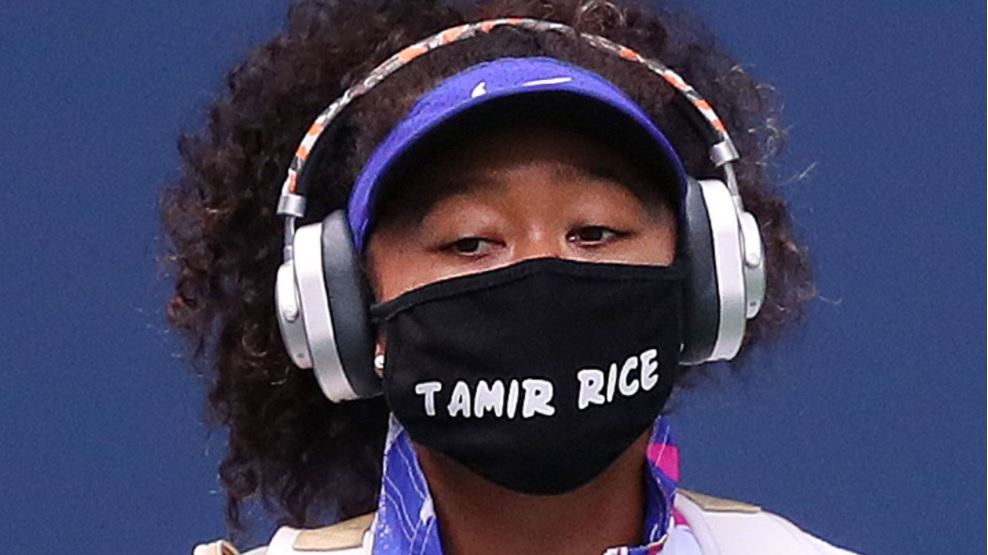Serena Williams has dominated the women's game for so long that she almost swallowed it up.
More than just the 23 Grand Slams, the megastar's big and bold personality and her work to empower women in a man's world has made 'Serena' a globally recognised brand that has pulled tennis along with it.
Watch the Australian Open with live streams of every court at 9Now. Click here to start watching!

Her relationship, her daughter, her sister Venus and the rest of her family and friends fascinate the world's media. It's a recipe that has created one of the biggest stars the sports world has ever seen.
While that's been great for women's tennis for the last two decades it has also created a fear of the vacuum that she'll leave behind when she finally decides to retire.
The men's game has a similar issue to grapple with as the 'Big Three' of Roger Federer, Rafael Nadal and Novak Djokovic age.
The question that has to be posed as a result, is what happens next?
With renewed speculation that Serena will retire some time this year, is the women's game ready to take on the challenge of filling the void?

While even the tennis purist would have found it difficult to give an assured answer up until fairly recently, Todd Woodbridge is starting to see signs that the game is in rude health.
The emergence of Naomi Osaka as a genuine megastar who appears ready to step seamlessly into Serena's shoes, firstly on the court, but also off it, is a big reason why.
"You would think that Naomi at the moment is the most comfortable of all of these younger women to stand up and take that space," Woodbridge told Wide World of Sports.
"And that's what we haven't seen in the women's game for a long time, is the next person to come through that's a bit more like a Serena or a Sharapova, who truly believes this is my right, I should be winning this tournament."

Casey Dellacqua agrees, telling Wide World of Sports' The Morning Serve: "As you've mentioned she's got a long way to go but I certainly think in terms of game style, her demeanour off the court, the champion that she is, the champion mindset that she has, and the way that she's driven the women's game in a certain direction now, I think she's definitely the one who's going to take that mantlepiece from Serena Williams."
While Alicia Molik adds that her calmness in tense situations, even in the biggest of matches, is the champion quality that sets Osaka apart.
"She's very calm, I think in terms of longevity you need to have that yourself as an athlete but amongst the team around you and she certainly has that," Molik told The Morning Serve.
At the tender age of 23 Osaka has already won three Grand Slams and is the red hot favourite to make it four from four finals when she steps onto the court to play America's Jennifer Brady for the Australian Open trophy tonight.
While you don't have to be a mathematical genius to conclude that four is a long way short of Serena's 23, a period of dominance like the younger Williams sister enjoyed at the peak of her powers would put the Japanese star on the path to a big haul that would give her legitimate claims to all-time great status.
Yet the on-court success is just the tip of the iceberg when it comes to Serena's cult-like following.
She's become the symbol for a generation of women that have made a lot of noise, shaking up the establishment in the quest for true equality.

Would women's tennis players play for equal prize money at tennis' four Grand Slams if not for Serena? Almost certainly not. And out in the big wide world she's been the proof point for women across all kinds of industries to agitate for their fair share. There's still work to be done for true equality to be achieved but Serena's work as a trailblazer has given progress a better shot.
Osaka too has started to pick up the baton as a warrior for social justice.
She made a huge statement at last year's US Open, writing the name of a different victim of a racially motivated death on her face mask she entered the court wearing for each match she played.
She carried the burden of the Black Lives Matter movement on her shoulders every time she took the court. And better than that, she won the damn thing, showing that she can balance greatness on the court with the weight of something much bigger off it and succeed at both.

Woodbridge says that's a trait that proves Osaka's ready to handle anything that gets thrown her way.
"She's now found her voice and she's found she can stare somebody down and take ownership of her space and the room," Woodbridge said.
"And when you look at the world of tennis, there are so many distractions that come with just turning up, let alone what you have to do on the court. With winning that US Open last year it said to me that she can juggle all of those really well at the moment and her life is in really good order."
Woodbridge adds that Osaka's personality now, or at least what she shows of it, is a significant departure from what we saw when she first emerged as an on-court star.
"When we saw her after winning the Australian Open, she didn't like that environment to talk. She looked uncomfortable with it. She loved winning but I don't think she enjoyed anything else that came with it," Woodbridge said.
"I think she's now starting to feel comfortable in those spaces. She's a brand ambassador with some of the biggest global fashion companies, iconic companies, and also corporate brands.
"Just seeing someone take on their own persona and build their own brand, sometimes we see athletes try to be someone else's brand, what their agents tell them to be.
"I think she knows that she's a little quirky, she's completely worldly and she pulls a lot of people together, which is why I like watching her at the moment."
Molik sees it too, adding: "The quiet confidence that we've seen over the last two years, she's become a really confident woman. We're seeing more of her, she's giving more of herself, but I think she has that personality to be at the top for a long time."

So Osaka, it seems, is becoming the unanimous choice to fill Serena's shoes as the leader of women's tennis.
She has great appeal in some huge markets, having grown up largely in the United States but identifying as a Japanese woman. She has a Japanese mother and a Haitian father, giving her a diverse perspective on life and making her a worthy spokesperson for some of modern society's biggest challenges.
While Osaka's burgeoning stardom will go a long way to filling the Serena void, Woodbridge is buoyed by the fact that she won't have to do it alone, with a promising generation of players ready to burst onto the world stage with her.
"The women's game's getting a bit of contrast again, which I think is good," Woodbridge said.
"I talk about contrast a lot in commentary as style of play, personalities; last year's French Open champion Iga Swiatek coming through is going to be one, she's a really good player and I think she's brought a new spotlight.
"We have Ash Barty that we follow, we've got Naomi Osaka out there … I think that's what's happening is that you've got your European, you've got your American, you've got your Asian and you've got your Australasian and that is massive.
"I just think for tennis to maintain itself it needs to be global and the women's game has got its individual global stars that pull it together and that's huge."
For a daily dose of the best of the breaking news and exclusive content from Wide World of Sports, subscribe to our newsletter by clicking here!
from WWOS https://wwos.nine.com.au/tennis/naomi-osaka-serena-williams-womens-queen-todd-woodbridge-sam-smith/aff4bbb4-c392-462e-8cca-60cc6384a975

0 Comments